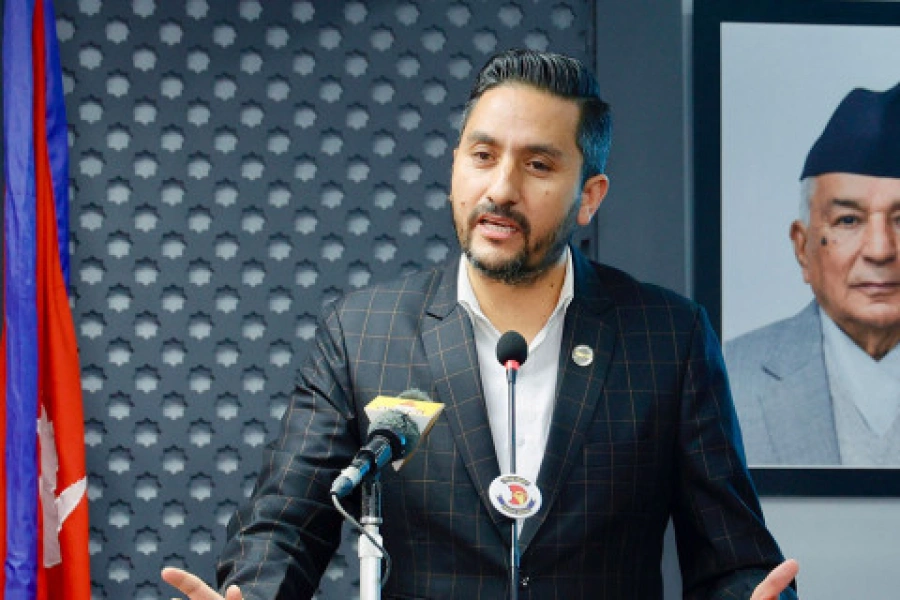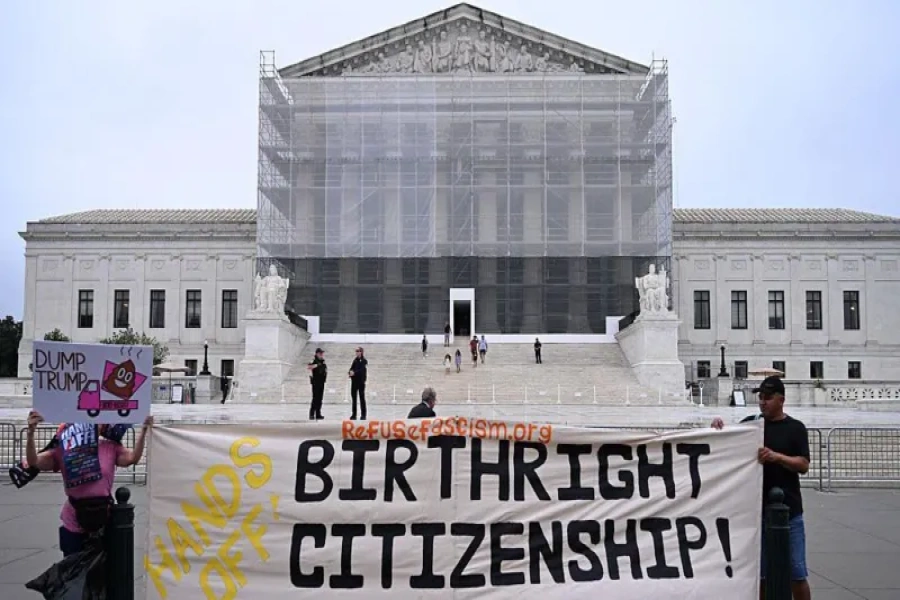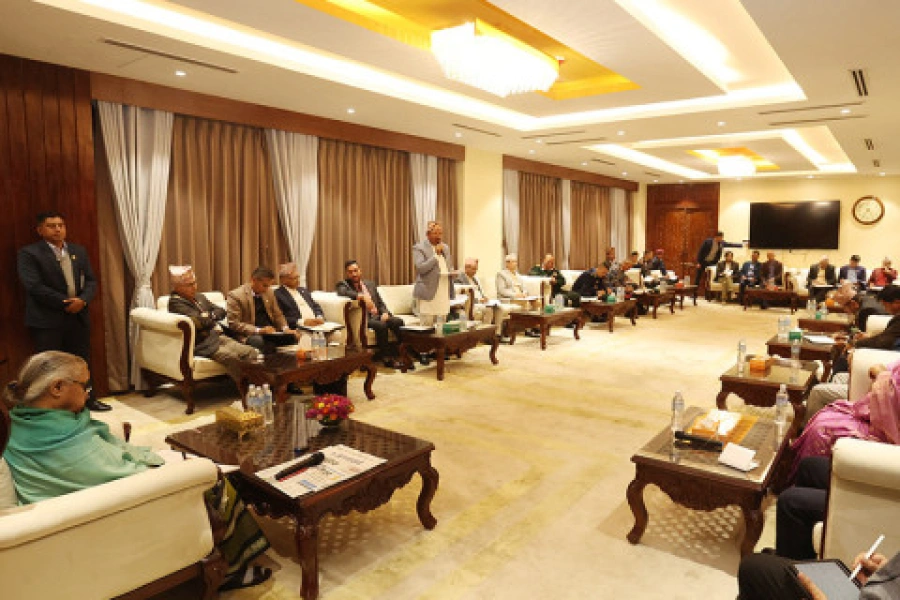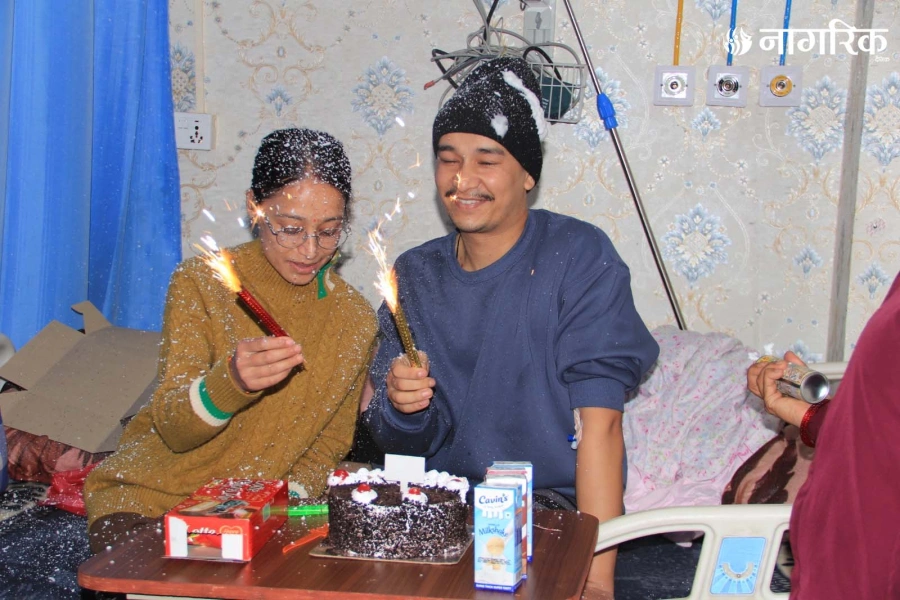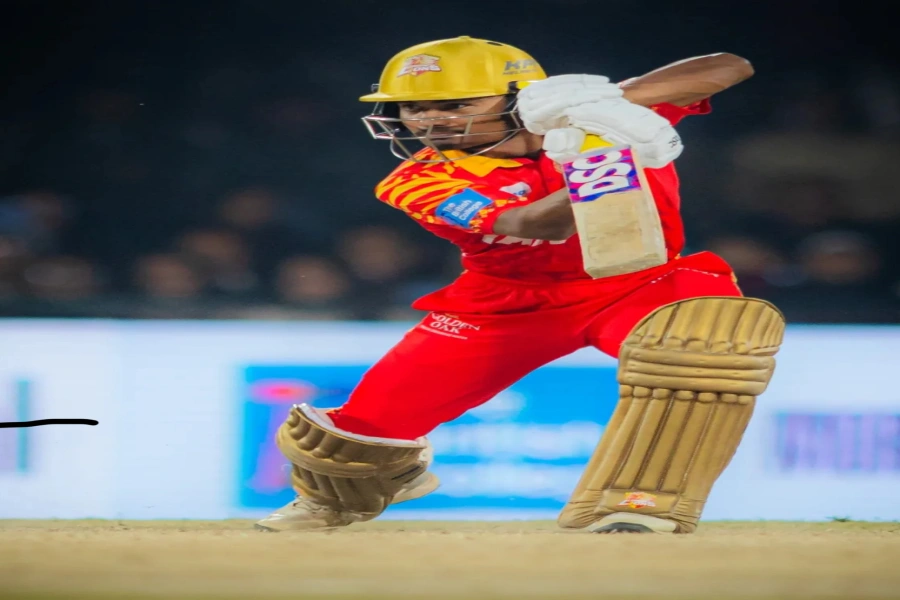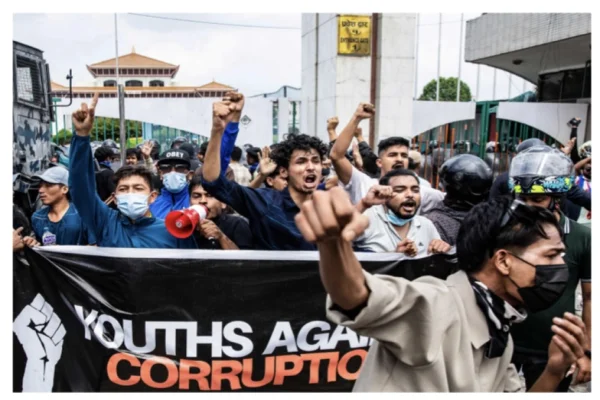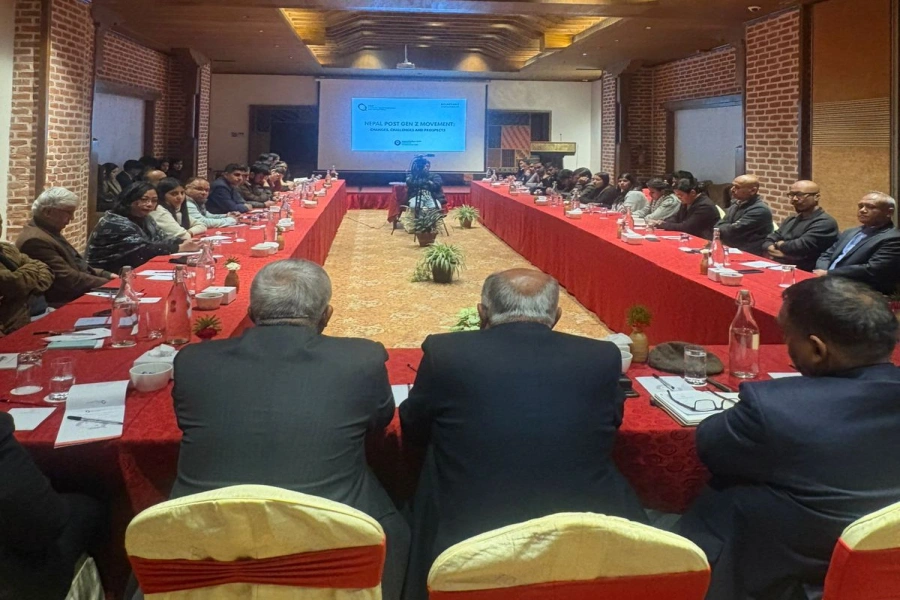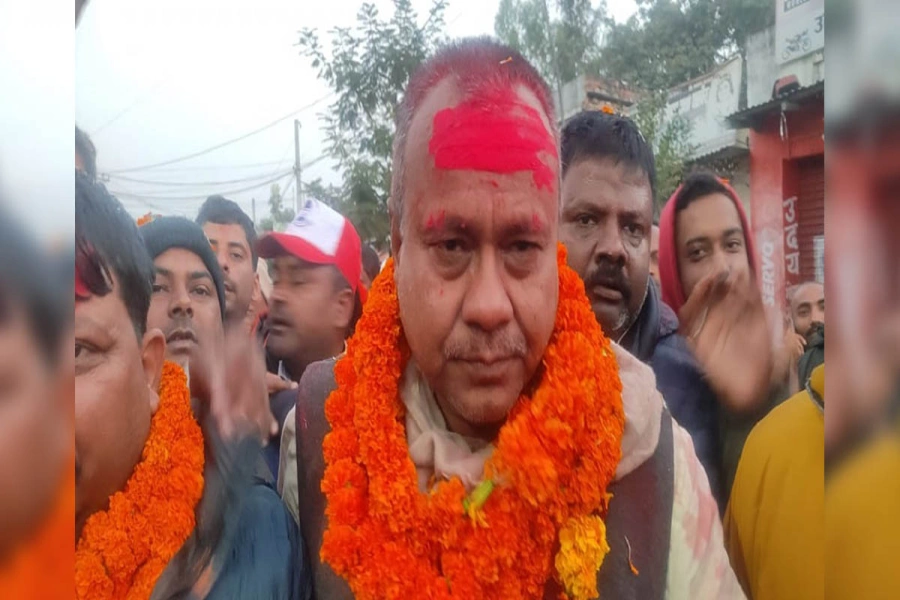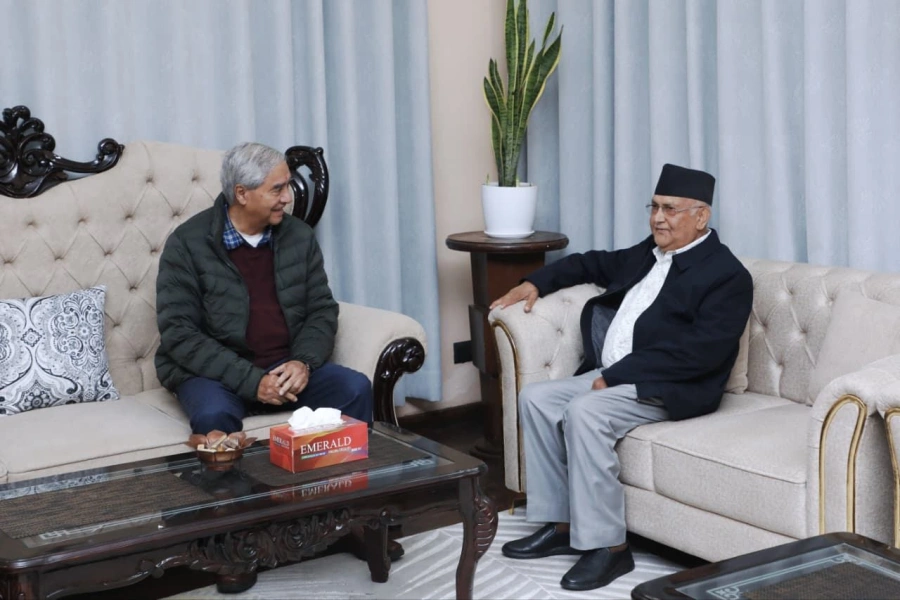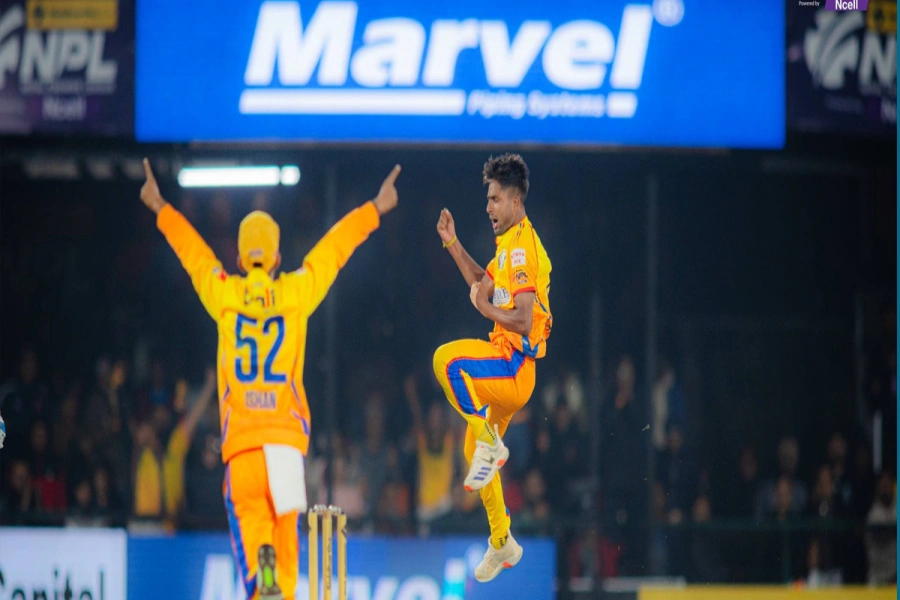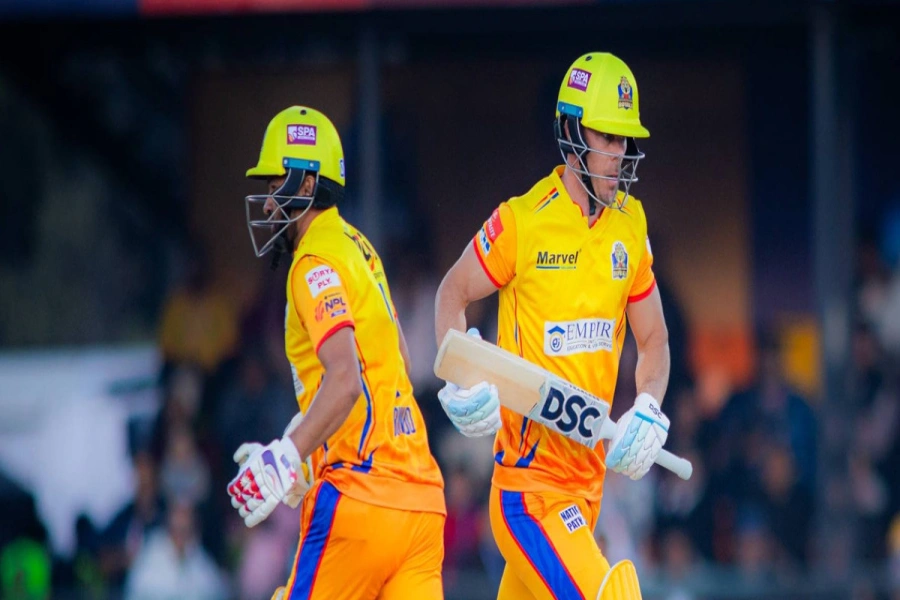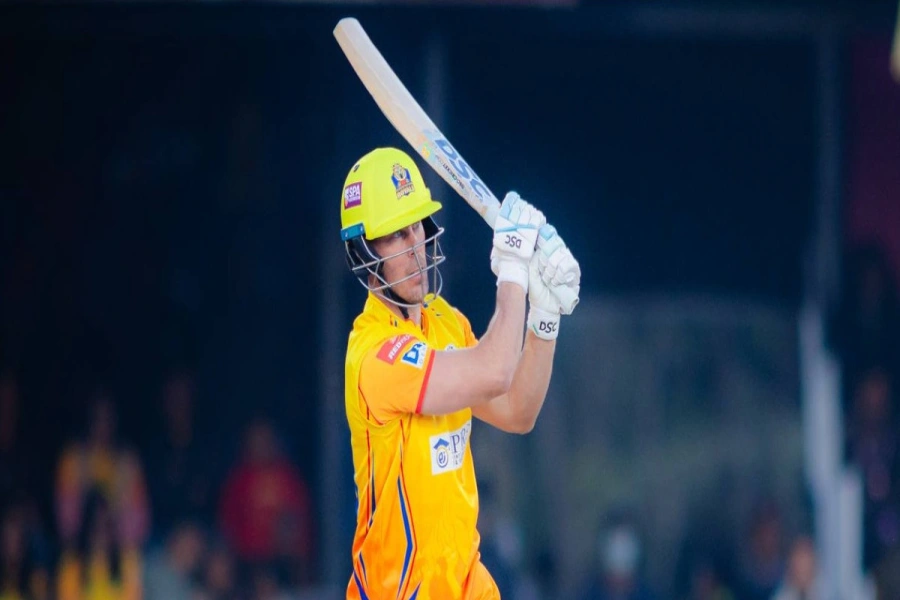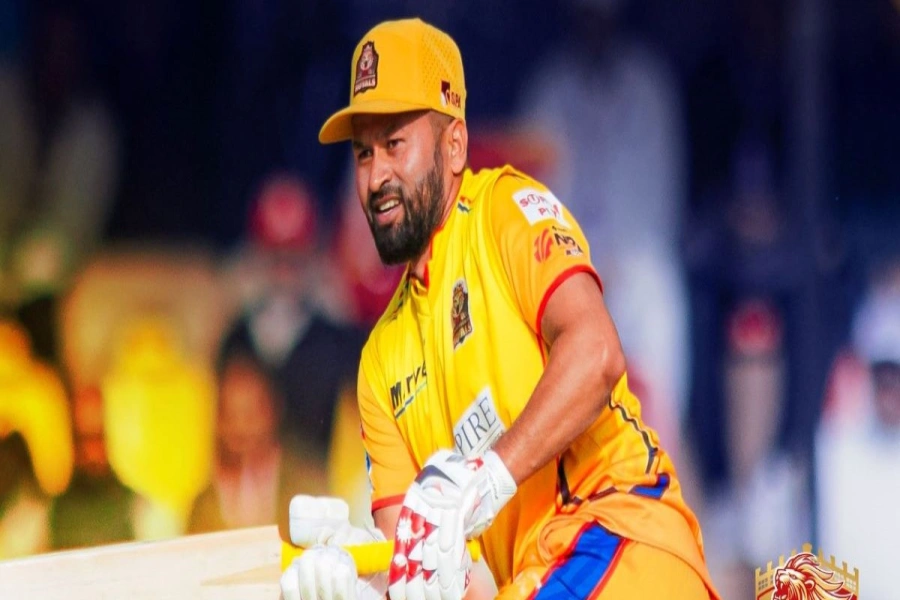CHENNAI, April 9: The first woman to head one of Bangladesh's biggest garment associations said on Tuesday she would boost female leadership as most factory workers were women, amid scrutiny over safety.
Rubana Huq, 55, is managing director of Mohammadi Group, which owns a string of factories supplying brands like H&M and Primark in Bangladesh, the world's second largest garment exporter, employing 4 million people.
"I believe that in an industry where more than 80 percent of the workers are women, they should be given a greater chance to voice their interests," said Huq, the new president of the Bangladesh Garment Manufacturers and Exporters Association.
"Today, the workforce is largely women but people in the managerial levels are mostly men. That needs to change."
In Bangladesh's 4,500 factories, women have traditionally had to negotiate with male managers over pay, workplace safety and respect on the job, a fact Huq wants to change.
Fashion events in Asia

Her election comes at a time when Bangladesh's Supreme Court is deciding whether to shut down a factory inspection mechanism which was set up by European fashion labels after the Rana Plaza factory collapsed in 2013, killing 1,100 people.
Huq said that manufacturers needed to strengthen their own monitoring mechanisms to help the government take over from the Bangladesh Accord - signed by about 200 major brands.
The textile magnate, who was elected unopposed, said her decision to represent manufacturers and exporters was a natural extension of her two-decade career in the industry, where she is one of a handful of senior female executives.
"As a woman there is always a hiccup and always a mindset to change," she told the Thomson Reuters Foundation from Dhaka.
"But I'm here now and, being a woman, I believe my attitude towards the challenges faced by women workers will be different and more empathetic."
Huq said she planned to educate women workers to secure their futures and step up to mid-managerial levels in factories.
"I would like to have a gender-based leadership programme that ensures more women are empowered to take on these roles," said Huq, who is also an award-winning poet and columnist.
She dismissed allegations of labour abuse in the industry as "isolated, negative practices".
"The fact that 80 percent of our women are freely working and contributing to the economy is a much bigger narrative," she said.
Labour rights campaigners said that while Huq had broken through the glass ceiling for women, her loyalties - as head of Mohammadi Group - were more to businesses than workers.
"Her election is good but I am not sure how much impact she will have in an organisation that is still dominated by men," said Nazma Akter, a former child worker and founder of Awaj Foundation, which campaigns for labour rights.
"I wish she would look at issues of living wages, health of workers, maternity benefits and violence in factories."



